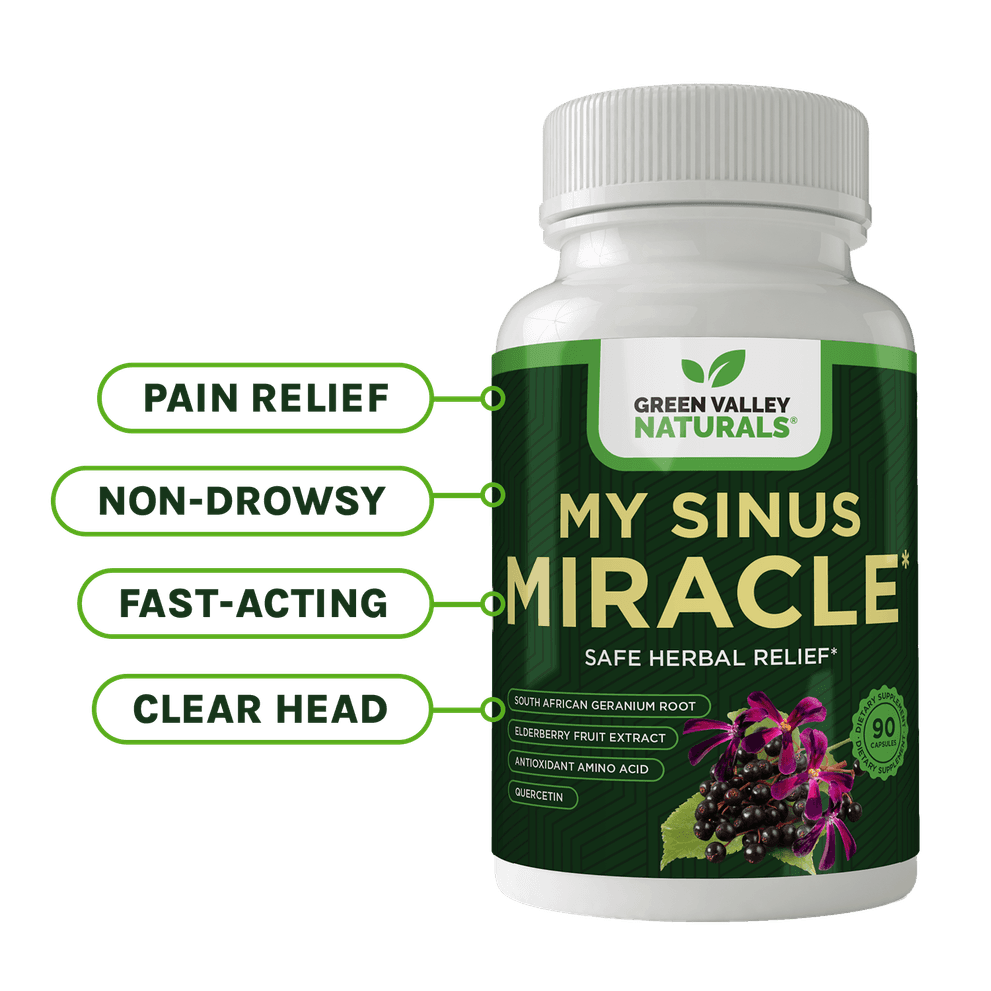
It’s scary to think about, but we live in a world that grows more toxic by the day. New chemicals are created every year by multinational corporations that introduce these compounds into consumer products – often without sufficient safety tests.
So chances are, even while you read this, your body is working to get rid of toxic chemicals you absorbed today.
And statistics confirm that poisonous chemicals enter and harm the body often. Research now shows that, worldwide, one death in every six is linked to toxins contained in the compounds that pollute our air, water and food.1
Luckily, though, there’s a group of common vitamins that can help your body cope with the chemical onslaught.
Fighting Against Toxins
Research at Columbia University shows that the B vitamins can help your lungs and other organs shrug off the potentially deadly effects of air pollutants – pollutants that, globally, kill about 6.5 million people a year.
The Columbia scientists have demonstrated that with the help of B vitamins the detoxification systems of the body more effectively resist the harm caused by airborne particles, especially those designated PM2.5 – consisting of microscopic particles that are 2.5 micrometers or less in diameter. (A micrometer is one-millionth of a meter or 0.000039 of an inch.)
The researchers note that when you inhale PM2.5 pollution, it gets deposited in your throat, nasal passages, windpipe – and in the lungs themselves, where it causes cellular stress. Because of air pollution regulations, there’s not as much PM2.5 in American air as there used to be, but it’s still a health issue. There are days in most cities where the PM2.5 in the air climbs to unhealthy levels.
In addition, this type of pollution increases your risk for heart disease, cancer, Alzheimer’s disease, strokes and Parkinson’s disease.
An important feature of the way this pollution attacks health is its epigenetic influence on the behavior of your genes. (Epigenetics, if you’ve never heard of it, refers to the way external influences turn genes off or on. It’s a hot field these days.)
For example, by altering what is called DNA methlyation – a genetic chemical reaction that can increase inflammation – PM2.5 pollutants may disable the body’s cancer-fighting defenses,2 increase your blood pressure and compromise your heart health.3
But B vitamins substantially limit these epigenetic changes.4
Helping The Heart
In the Columbia University research, much of which was conducted in Toronto, Canada, tests also showed that taking B vitamins almost completely erases the unhealthy cardiovascular results of breathing in polluted air on busy city streets.
The specific benefits are interesting. The researchers report that being exposed to PM2.5 for two hours, as were the people in this Toronto study, increases your resting heart rate, reduces your heart rate variability (how well your heart rate adjusts to your activity), increases your white blood cell count (which can reflect inflammation in your body), and increases your lymphocytes (a particular kind of white blood cell).
The study, conducted on people between the ages of 18 and 60, showed that taking B vitamins substantially reduced the effects of this type of pollution on heart rate, and likewise reduced the total white blood cell count and the lymphocyte count.5
Other Supplements Can Help, Too
In this research, the scientists gave people supplements containing folic acid, vitamin B6 and vitamin B12. But they also report that other studies show you can further protect yourself from pollutants by taking:
- Fish oil: Tests by the EPA show that fish oil may help stop inflammation in the heart and arteries caused by pollutants.6
- Vitamin C: Studies show that vitamin C can mitigate breathing problems linked to air pollution.7
- Vitamin E: British research shows that vitamin E can improve lung function compromised by airborne pollutants.8
The sad fact is we’re all exposed to some level of toxins every day of our lives. No matter how pristine your surroundings seem to be, pollutants lurk in your air, water and food. I’ve read that air pollutants from China now waft across the Pacific to our West Coast. Taking dietary supplements can help your body fight back against a toxic environment.
- http://www.thelancet.com/commissions/pollution-and-health
- https://www.ncbi.nlm.nih.gov/pubmed/20920744
- http://circres.ahajournals.org/content/118/1/119
- https://www.ncbi.nlm.nih.gov/pmc/articles/PMC5380085/
- https://www.ncbi.nlm.nih.gov/pmc/articles/PMC5377246/
- https://www.ncbi.nlm.nih.gov/pubmed/22514211/
- https://www.ncbi.nlm.nih.gov/pubmed/27189803/
- https://www.ncbi.nlm.nih.gov/pmc/articles/PMC4451620/

